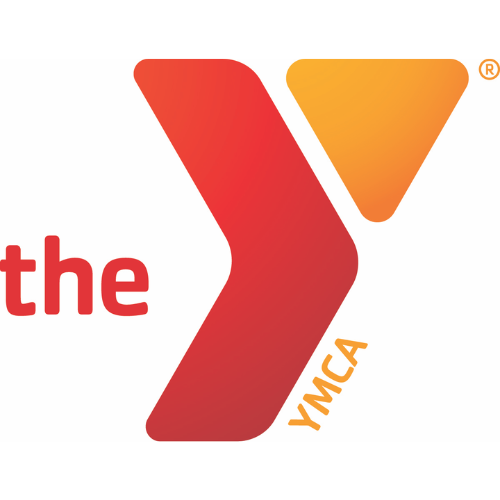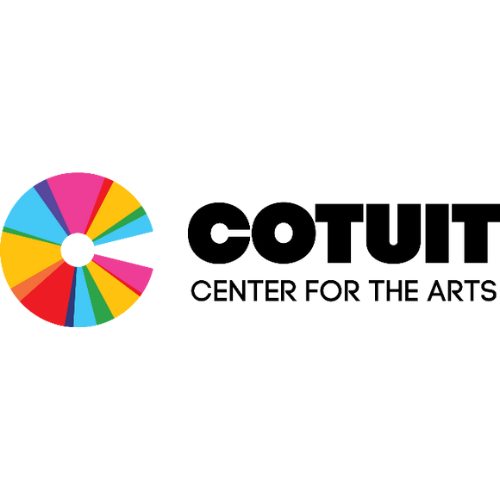When discussing leadership, most of the discussion revolves around skills or characteristics and their effect on individual and group performance. Normally, the intent of the discussion is to focus on how to be a better leader within the confines of the job or organization, how to maximize individual and group performance, or how to build the right team and culture.
But, leadership isn’t confined to the workplace. Excellent leaders learn to leverage their skills to help enhance their communities while simultaneously encouraging their employees to take an active role within their communities as well.
Giving back should be high on the list of characteristics of great leaders. Whether it is achieved by serving on a nonprofit board of directors, volunteering for a local organization, running a fundraising campaign, running for political office, providing grants or making a donation, or building social responsibility into their organizations, giving back can significantly improve an organization’s stature in the community, create good will and enhance its appeal to its employees and prospective employees.
A strong focus on giving back, and building a culture of giving back, is not only an investment in your community but should become an integral part of your strategy and organizational core values. In doing so, the organization is more ingrained in the local community and is looked at as a partner. Creating a culture of giving back also builds a greater sense of team within your employees as they feel they are collectively working on something together that goes beyond the doors of their offices and brings a greater sense of satisfaction and ownership. Creating opportunities for employees within your community can also give you further insight into their leadership skills as well as providing networking and new business opportunities. By creating that culture of giving back, you are also creating good will for your organization and will attract good people.
If your giving-back choice is to focus on a cause or an organization, you may want to hold an open discussion with your employees to get their thoughts on who or what. Doing so will also increase their buy-in. It may also turn out that the cause chosen is one that has touched one or several of your employees making it much more personal and elevating their commitment, satisfaction and passion.
Nonprofit organizations are a great starting point for giving-back strategies. For-profit organizations tend to be more focused than nonprofit organizations. That is not to say that nonprofits don’t function as well as they do, but they are largely run by a volunteer network rather than having a large paid staff that receives regular targeted training on improving their skills. One of the reasons for joining a nonprofit board or volunteering for one is the ability to enhance the skill set of the nonprofit. Many nonprofits recruit volunteers and board members based on needed skills, others recruit friends who, while they may have great intentions, don’t possess the skills necessary to enhance and grow the organization’s mission.
Leading an organization whose staff is skilled in strategic planning, work-process optimization, communication, financial management and other leadership and strategic skills gives you a solid basis to provide support for one or several nonprofits in ways that will enhance their mission. Should you choose to support a nonprofit, make sure there is passion for the mission among your staff, as you will find the work often requires a commitment of your most important resource – time.
Giving back is one of the most important ways we can show our team, and the community, what they mean to us. It’s about having respect for the place we live, helping others, and helping the community thrive along with providing a support system for those within the community who need it the most.
Giving back isn’t just about what the business can do for the community, it’s also about inspiring, supporting, training and mentoring the people you work with who, in turn, can provide the same with their connections within their communities. Remember, as leaders one of our greatest roles is to ensure we leave our world a better place than we found it.
Bob Cody is the Chief Executive Partner of Innoreate, a business consulting firm. He brings over 25 years of Leadership experience in corporate, academic and nonprofit organizations. Cody has led organizations in innovation and growth specializing in developing new programs, products and services, while increasing revenue and organizational growth, along with leading change management transformations to take those organizations to new levels of performance.



























